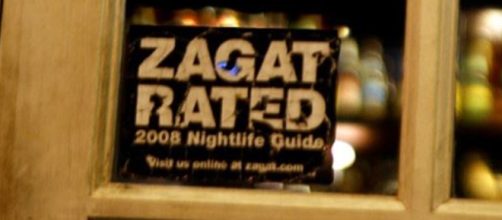On the 8 September, 2011, Google acquired Zagat, then heavyweight of the restaurant review business, at the direction of Marissa Mayer, Vice President of Local, Maps, and Location Services. The acquisition, which was the company's tenth largest at the time, was meant to lead a tight integration of food reviews with Google's own location database. However, throughout the subsequent years, constant leadership changes meant that this vision could never be achieved.
Zagat and Google did not go along together
The next few years did not go too well for Zagat, to say the least.
In December of 2012, its division was re-organized with employee contracts not set for renewal in the next year. The list of cities covered by its guides were also reduced from thirty to nine and soon, Google began favoring its own collected recommendations over Zagat's data. This was all preceded by a major structural shakeup in the Google Headquarters headed by CEO Larry Page not too long after the acquisition.
He organized the company into large groups to be headed by one person. Everything was fine with this except for when a new department was created called "Geo and Commerce" and led by Jeff Huber. This group also included the Maps division and hence, essentially demoted Marissa Mayer into a reporting role.
She resigned shortly to become CEO of Yahoo!, taking her vision for Zagat with her. Soon after Google acquired another company Frommer, a travel guide publisher, whose content writers practically replaced those of Zagat's. Huber was then fired and Bernando Hernandez, one of Mayer's close aides in charge of Zagat, left as well.
Selling off to The Infatuation
On the 5 March, 2018, less than seven years after buying the review company, Google is passing it over to an emerging brand in restaurant reviews and guides, The Infatuation, for an undisclosed amount. Founded by Chris Stang and Andrew Steinthal nine years ago, two former music industry executives, the company is planning to bring back the popular Zagat-printed guides.
In a press release on The Infatuation's blog, the two companies are said to operate separately yet towards a single goal for the future. The parent company will "retain its editorial-first focus, producing high quality, situational reviews and guides" while the second company is to have a more "tech-driven" approach. However, even after the distasteful experience Zagat had with Google, Mr. Stang hoped to continue to integrate both his companies to the multinational's Maps services.


